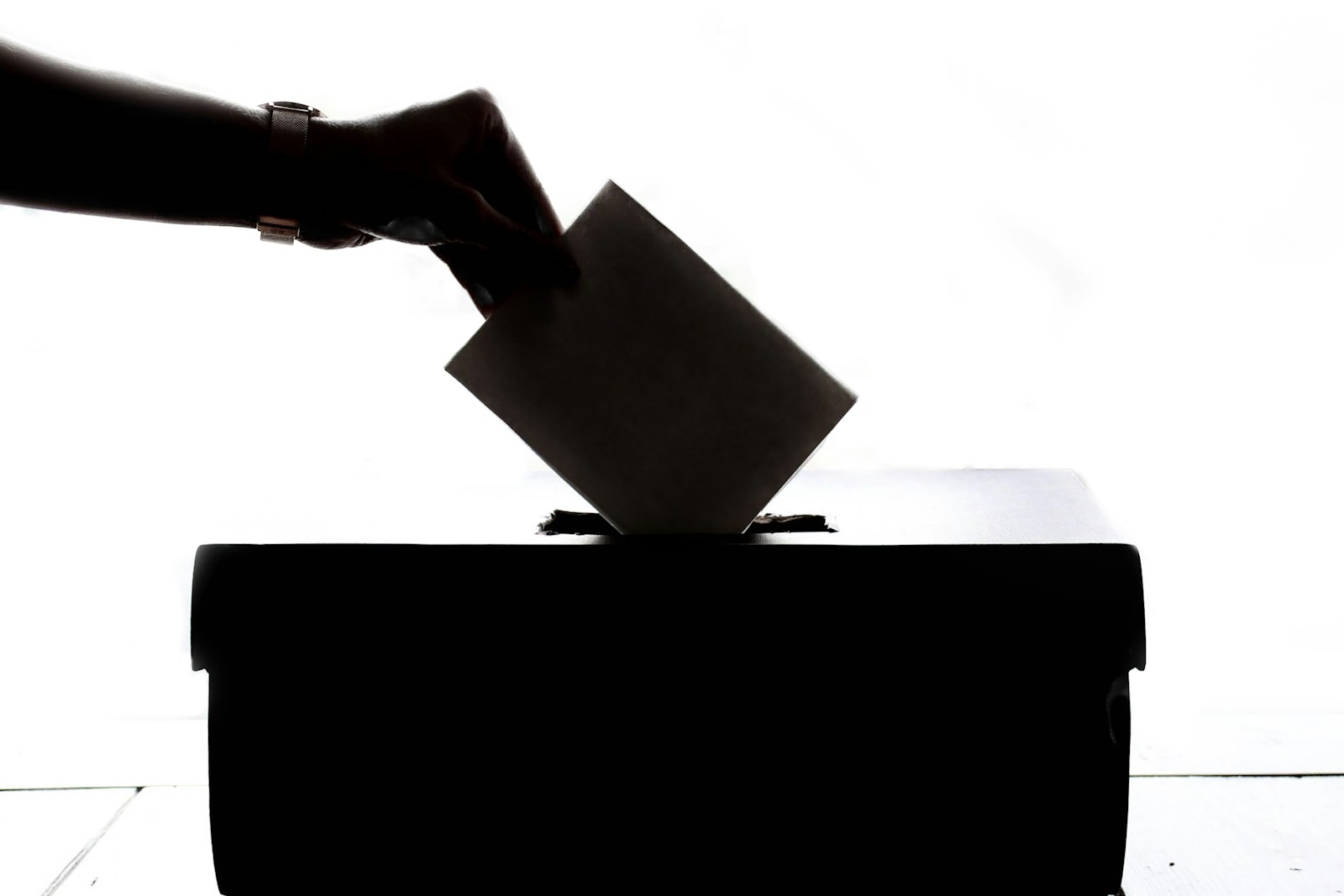Key Takeaways
• Votes were counted late Saturday after polling ended.
• President Alassane Ouattara seeks a fourth term.
• Key rivals were barred from the contest.
• Tension grew as citizens awaited results.
• This vote could shape Ivory Coast’s future.
Ivory Coast Election Update
Citizens in Ivory Coast turned out in large numbers. They cast ballots to choose a new leader. Officials started counting votes late Saturday. Longtime President Alassane Ouattara ran again. He hopes to win a fourth term. Meanwhile, his main opponents could not take part. That move fueled debate over fairness. As the count continued, people watched anxiously. Many worry about stability. Others hope this election brings unity. Overall, the Ivory Coast election feels more tense than before.
Key Contenders in Ivory Coast Election
President Ouattara faced limited opposition this time. His two strongest challengers, Henri Konan Bédié and Pascal Affi N’Guessan, were barred. Authorities said they failed to meet certain requirements. However, critics argue the rules changed to favor the incumbent. Because of this, voters saw fewer options. Nevertheless, smaller candidates joined the race. Yet none matched Ouattara’s name recognition or resources. Consequently, the Ivory Coast election took on an uneven look. Citizens discussed whether a true choice existed.
Voting Process and Early Counts
Polling stations opened early on election day. Workers verified IDs and handed out ballots. The process ran smoothly in many areas. Still, some rural centers faced delays. They waited for voting materials to arrive. Once voting ended, officials sealed ballot boxes. They then transported them to counting centers. By late Saturday, results began trickling in. So far, Ouattara leads by a wide margin. However, final tallies could shift slightly. Observers stress that all votes must count fairly in the Ivory Coast election.
Why Opponents Are Barred
The constitution limits presidents to two terms. Yet a 2016 amendment reset Ouattara’s count. He argued that his previous terms fall under old rules. Thus, he claims the right for another run. Opponents challenge that interpretation. They say it breaks democratic norms. Election officials also cited minor paperwork issues. As a result, key rivals lost their spots on the ballot. Furthermore, this move sparked protests in some cities. Citizens voiced frustration over restricted choices in the Ivory Coast election.
What’s Next for Ivory Coast Election Results
Officials expect to announce full results soon. If Ouattara wins, he will start his fourth term. Opposition forces may reject the outcome. They could file legal challenges. Meanwhile, international groups call for calm. They urge transparency in vote counting. Moreover, they demand respect for the rule of law. Public reactions might shape the country’s path. For instance, peaceful protests could press for reform. On the other hand, unrest may unsettle daily life. Either way, the Ivory Coast election result will matter greatly.
Impact on Citizens
People across Ivory Coast watch anxiously. Business owners worry about possible disruptions. Farmers hope markets stay open. Students fear campus closures if unrest grows. Families pray for peace and stability. Many feel left out of the process. They believe real debate should include more voices. Yet others support Ouattara’s leadership record. They point to economic growth and security gains. Still, division runs deep in some regions. Consequently, citizens await the official verdict of the Ivory Coast election with mixed emotions.
Hope for Peace and Unity
Despite tensions, many call for calm. Community leaders urge dialogue among all sides. Churches and mosques pray for harmony. Youth groups plan peaceful gatherings. They want to celebrate democracy, not contest it. Meanwhile, civil society groups monitor the situation. They report any signs of trouble. Furthermore, they offer mediation if conflicts arise. In this way, hope persists for a stable future. Ultimately, people want their voices heard and respected after the Ivory Coast election.
Conclusion
The Ivory Coast election marks a crucial moment. It tests both the rule of law and public trust. With the main rivals out, questions about fairness remain. As vote counts continue, citizens hold their breath. They yearn for unity, not division. Whether this election brings lasting peace will depend on post-vote actions. Lawmakers, observers, and community leaders all play roles. In the end, Ivory Coast stands at a crossroads that could define its path for years.
Frequently Asked Questions
How did the vote count go so far?
Counting began late Saturday. Early tallies show a large lead for President Ouattara. Final results still await announcement.
Why were top contenders barred from running?
Officials cited constitutional and paperwork issues. Critics argue the rules shifted to favor the incumbent.
What happens if opposition challenges the result?
They can file legal appeals. Courts may review the case. Meanwhile, observers urge all sides to stay calm.
How can citizens help maintain peace?
They can join peaceful dialogues and community events. Reporting any conflicts to authorities also helps keep order.
